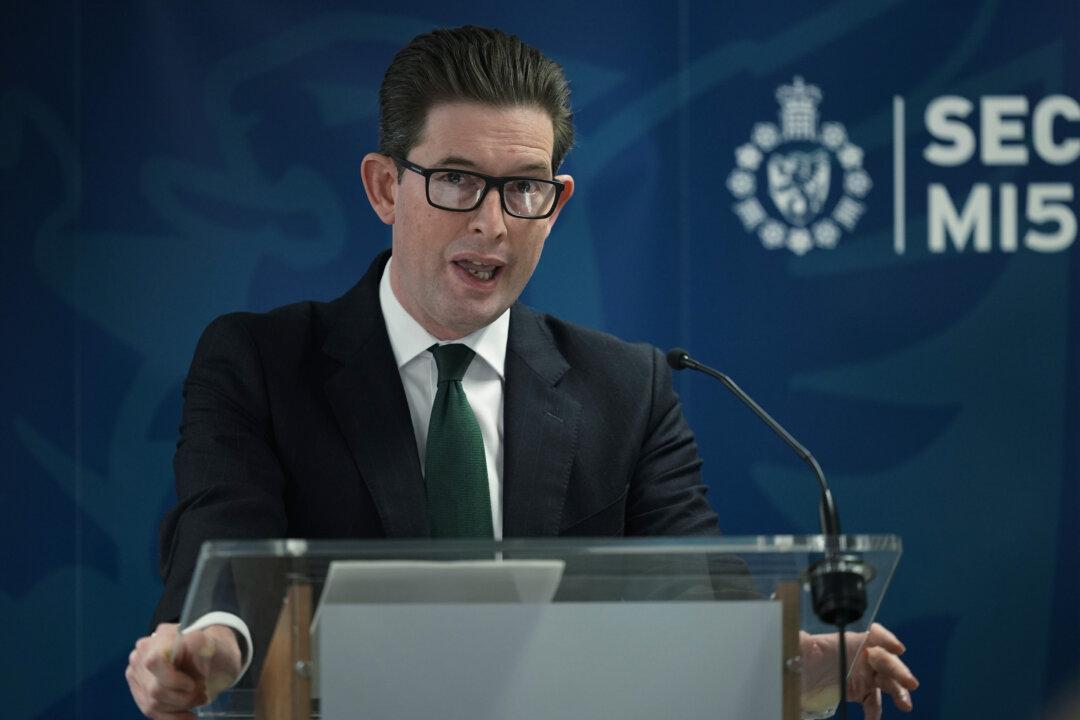MI5 chief Ken McCallum has publicly apologised over the security service’s failure to thwart the Manchester Arena terror attack.
In a rare public statement, the director-general acknowledged MI5 did not seize the “slim” chance it had to thwart the 2017 bombing that claimed the lives of 22 people.





